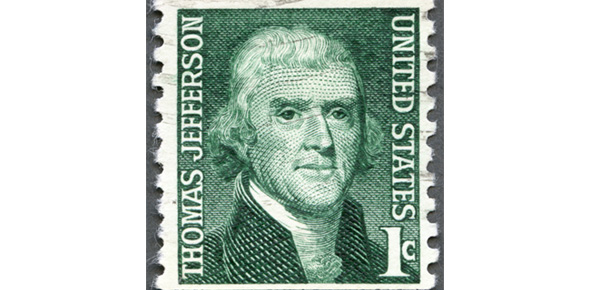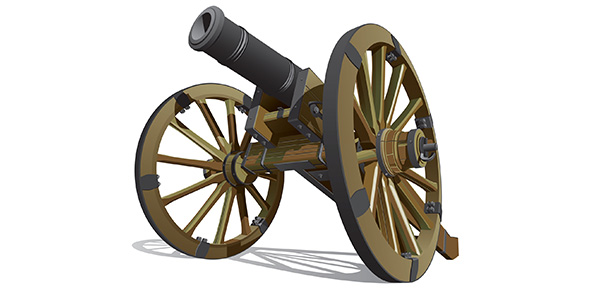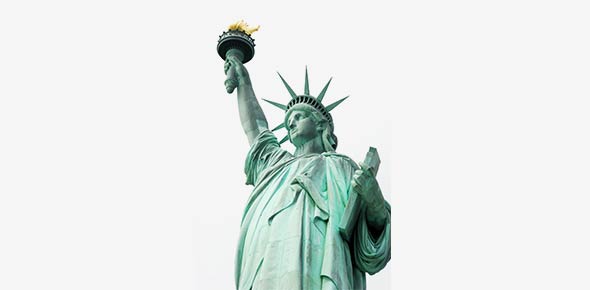Related Flashcards
Related Topics
Cards In This Set
| Front | Back |
|
Name 3 ways the automobile changed American life.
|
1) changed the american landscape (gas stations, roads, ect.)
2) it ended the isolation of the rural families
3) gave women more independence
4)made it possible for people to live farther from their jobs (urban sprawl)
|
|
Describe 2 economic problems hidden by the business boom of the 1920s.
|
1) business wasn't as healthy as it seemed.
2) consumer debt rose to high levels.
|
|
How did advertising change American life?
|
It made things that once were luxuries become necessities.
|
|
What was Black Tuesday?
|
It was the day the stock market crashed (october 29, 1929)
|
|
What problems did farmers face in the 1920's?
|
1) their incomes went down
2) many farmers lost their land
3) the demand for food dropped so the farmers suffered
3) many couldn't make the mortgage payments on their farms
|
|
What is buying on margin?
|
Buying stock by paying only a portion of the full cost up-front with promises to pay the rest later. (borrowing money that's not yours)
|
|
How long did the Great Depression last?
|
From 1929 to 1941 (12 years)
|
|
How did the Great Depression effect the cities?
|
*they had to live in whatever they could find.
*There were soup kitchens.
*African-Americans and Latinos faced discrimination.
|
|
How did the Great Depression effect the rural areas?
|
*many farmers lost their land
*most of them turned into tenant farmers
*were hardly able to make a living
|
|
What was the Dust Bowl?
|
The Dust Bowl started in the 1930's and lasted about a decade. Farmers' had tilled the grasslands too much so the soil was unusable for planting. Wind started to pick up and it blew that unusable soil all the way to the Eastern cities. There was also extreme heat temperature over 100o F.
|
|
Who were the men on the streets?
|
They were men who were unemployed, looking for jobs. Some even abandoned their families because of the loss of hope. They would then end up in city shelters.
|
|
Explain how women struggled to survive.
|
Women worked hard during the Great Depression to help their families survive adversity. Many people thought that women had no right to be working if their were men who were unemployed.
|
|
Explain how children suffered hardships.
|
Many children suffered from malnutrition or dieting problems. Some even escaped/ranaway from their families and wanted to "tour the world for free."
|
|
What were the social and physchological effects?
|
Many lost their will to survive. They had to give up many of their dreams. Financial security had become the main focus in life.
|
|
Describe 2 ways the Great Depression effected families.
|
1) children went to work
2) many children ran away from home
|






